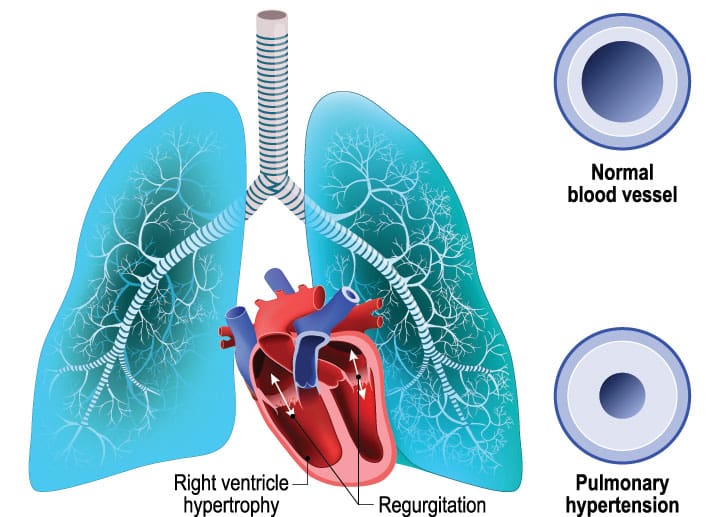You know it when you experience it or feel it. It has many descriptions. It can be positive or negative—bookends to the continuum of human emotion. Successful leaders have it. And you can tell when it’s missing.
I’m talking about passion. Passion is associated with strong emotions such as love and hate, joy and anger. Definitions vary from boundless enthusiasm to strong sexual desire. The term passion holds special meaning for describing the sufferings of Jesus in the New Testament.
Positive, or harmonious passion, is similar to intrinsic motivation, where we engage in something we love for the enjoyment we experience. We are willing to devote time and energy to something we believe is important. We do this for ourselves, not to please others. Most of us can claim a passion for being a nurse.
In contrast, negative, or obsessive passion is linked to extrinsic motivation and may result in maladaptive behaviors. The drive to please others or maintain self-esteem can consume a person in a destructive way.
Positive passion for what we do doesn’t need to fill our entire lives, but it is associated with greater life satisfaction. Frederick Herzberg, psychologist and noted 20th–century management and motivation theorist, described two sets of factors that can increase or decrease job satisfaction. His “motivation-hygiene” theory identified motivation factors of achievement, recognition, the work itself, responsibility, and growth possibilities as affecting satisfaction in a positive way. But he noted that absence of these factors has little effect on dissatisfaction. He also described these motivational factors as intrinsic reinforcers directly associated with performing a task; they also motivate higher performance.
Herzberg posited that hygiene factors are essential for establishing a baseline of satisfaction and preventing dissatisfaction, but they have little effect on long-term satisfaction. Hygiene factors include such workplace conditions as pay and benefits, policy and administration, relationships with coworkers (supervisor and subordinates), physical environment, status, job security, and salary. He categorized these factors as extrinsic reinforcers that affect job context but don’t motivate higher performance.
We rely on our employers or workplaces to provide adequate hygiene factors so as to stave off dissatisfaction. If only it were as easy as suggested by the Confucius saying, “Choose a job you love and you’ll never work a day in your life.” Unfortunately, this necessitates not just the presence of extrinsic workplace rewards but also our intrinsic motivation (passion) to fuel satisfaction.
So what happens when our passion wanes? Sadly, I recently read the following reflection of a seasoned nurse with more than 25 years of experience: “I have no power and have not been rewarded for being an RN advocate or a squeaky wheel on this [issue] for a decade. Passion became exasperation, now sadness for a profession I love and respect.”
The specific issue in question doesn’t matter. What does matter is the danger that this person has lost her passion for being a nurse. I’ll bet you can cite an example of when you became exhausted fighting the system, any system. You tried to infuse reason and logic into policies or practices that made no sense. You tried to advocate for patients, families, yourself, or nursing practice. You wondered why you continued to bang your head against the proverbial brick wall.
Sustaining an abiding passion takes courage, energy, and perseverance. It can be tiring. Fusing passion with grit and purpose fuels change. I’ve always been driven to “do the right thing,” which sometimes meant sticking my neck out to make changes I thought needed to be made. I knew I couldn’t become numb to the forces trying to thwart my efforts. Why? Because I worried I might quit fighting for change. As leaders, when we care deeply about those who rely on us, our passion sustains us. When I think of passion, I think of excitement, enthusiasm, and energy. I don’t want to think about exhaustion or a void of passion.
Let’s think about the positive-multiplier effect of passion. Engage like-minded colleagues around an idea, project, or task, where everyone is interested and eager to contribute. Be the leader who demonstrates passion. Invite others to contribute ideas to garner their emotional commitment and imagine new possibilities. By getting others around you excited about the work, you build momentum and boost performance. Getting excited gets results. Experience the boost of energy and personal achievement that results from expressing your passion as a nurse.



















1 Comment.
What I really hear is that Power fuels passion. Without power to make a difference, we lose that intrinsic reward of accomplishment. Nurses are heard more than in the past, but we must continue to be heard and empowered to make positive changes or to even just provide quality care. Often we lack the power to even ensure that.